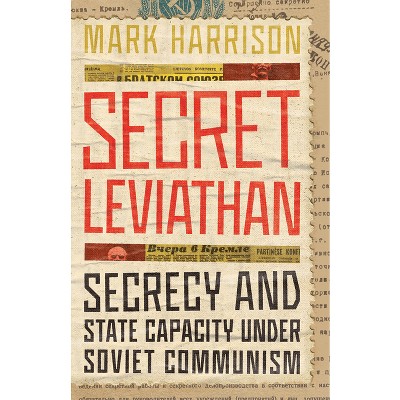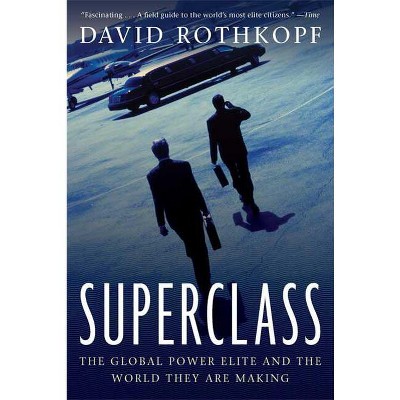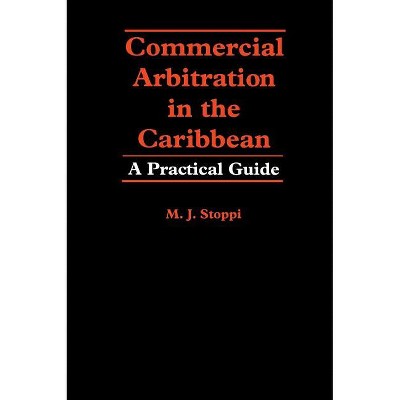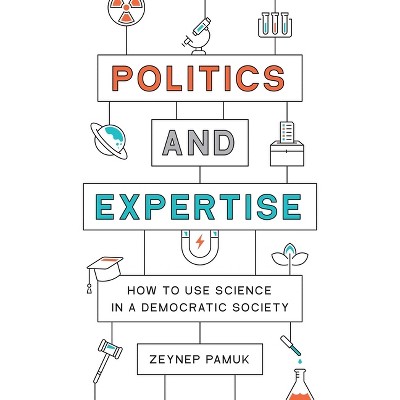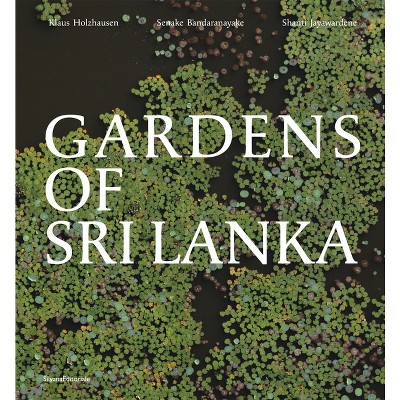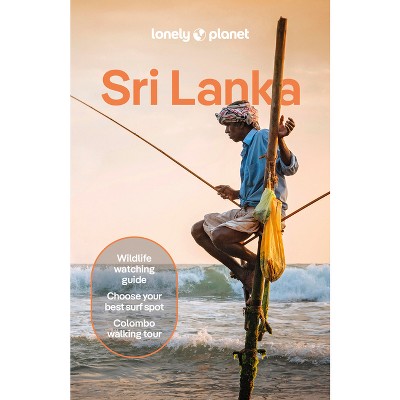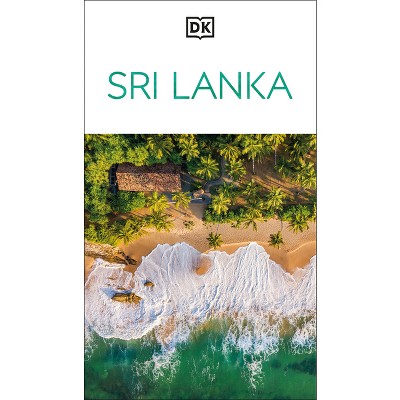Sponsored

State Formation and Conflicts in Sri Lanka - by Sunil Bastian (Hardcover)
$115.00
In Stock
Eligible for registries and wish lists
Sponsored
About this item
Highlights
- This book explores how the history of postcolonial Sri Lanka suggests a new paradigm for understanding state-formation as an ever-shifting and evolving process.The Sri Lankan state has formed under the pressure of multiple conflicts: around capitalist transition on the one hand, and the deteriorating relationship between the state and Tamil minority populations on the other.
- About the Author: Sunil Bastian is an independent researcher.
- 200 Pages
- Political Science, World
Description
About the Book
"This book explores how the history of postcolonial Sri Lanka suggests a new paradigm for understanding state-formation as an ever-shifting and evolving process. The Sri Lankan state has formed under the pressure of multiple conflicts: around capitalist transition on the one hand, and the deteriorating relationship between the state and Tamil minority populations on the other. Sunil Bastian demonstrates the way these conflicts have overlapped, with international support for the introduction of neoliberal policies - from Japan, the West and institutions such as the World Bank and the IMF - helping to prop up a state engaged in armed ethnic conflict. State Formation and Conflict in Sri Lanka explores the role played by these two forces in the nation's recent economic crises"-- Page 4 of cover.Book Synopsis
This book explores how the history of postcolonial Sri Lanka suggests a new paradigm for understanding state-formation as an ever-shifting and evolving process.The Sri Lankan state has formed under the pressure of multiple conflicts: around capitalist transition on the one hand, and the deteriorating relationship between the state and Tamil minority populations on the other. Sunil Bastian demonstrates the way these conflicts have overlapped, with international support for the introduction of neoliberal policies - from Japan, the West and institutions such as the World Bank and the IMF - helping to prop up a state engaged in armed ethnic conflict. State Formation and Conflict in Sri Lankaexplores the role played by these two forces in the nation's recent economic crises.
Review Quotes
In this new book, Sunil Bastian continues his commitment to studying Sri Lanka's economy, politics and the state through the interpretative lens of political economy. The book thematic focus is the process of state formation in Sri Lanka during the late colonial and post-colonial phases. Building on the premise that states and societies are products of the historical processes that are set in motion by capitalism, Bastian analyses the continuities and ruptures of Sri Lanka's post-colonial state. The ruptures are caused by the impact of the global capitalism with which Sri Lanka's society is closely integrated. Sri Lanka's protracted conflict processes too are structured by capitalism and its discontents. This is a book that has an immediate appeal to a wide range of readers - scholars, students, policy makers and social-political activists. It also makes a significant contribution to the scholarship on the political economy of state formation in non-Western societies that enmeshed with global capitalism.
Jayadeva Uyangoda, Emeritus Professor of Political Science, University of Colombo, Sri Lanka
This important book explores and explains Sri Lanka's long running conflict and post war transition through the prism of state-society relations. In doing so it masterfully brings together the ways in which the changing international environment has interacted with, and shaped Sri Lanka's shifting domestic political economy. The conflict, and the post war transition, are presented as episodes in a much longer story about Sri Lanka's convoluted and conflictual history of state building - a story that is still playing out today, and with very uncertain outcomes.
Jonathan Goodhand, Prof in Conflict and Development Studies, SOAS, University of London
About the Author
Sunil Bastian is an independent researcher. Bastian's research focuses on the political economy of Sri Lankan conflicts, with a special focus on globalization and foreign aid. He is the co-editor of Can Democracy be Designed? (2003, Zed Books).Dimensions (Overall): 9.21 Inches (H) x 6.14 Inches (W) x .5 Inches (D)
Weight: 1.0 Pounds
Suggested Age: 22 Years and Up
Number of Pages: 200
Genre: Political Science
Sub-Genre: World
Publisher: Bloomsbury Academic
Theme: Asian
Format: Hardcover
Author: Sunil Bastian
Language: English
Street Date: January 23, 2025
TCIN: 1001591769
UPC: 9781350451827
Item Number (DPCI): 247-34-8605
Origin: Made in the USA or Imported
If the item details aren’t accurate or complete, we want to know about it.
Shipping details
Estimated ship dimensions: 0.5 inches length x 6.14 inches width x 9.21 inches height
Estimated ship weight: 1 pounds
We regret that this item cannot be shipped to PO Boxes.
This item cannot be shipped to the following locations: American Samoa (see also separate entry under AS), Guam (see also separate entry under GU), Northern Mariana Islands, Puerto Rico (see also separate entry under PR), United States Minor Outlying Islands, Virgin Islands, U.S., APO/FPO
Return details
This item can be returned to any Target store or Target.com.
This item must be returned within 90 days of the date it was purchased in store, shipped, delivered by a Shipt shopper, or made ready for pickup.
See the return policy for complete information.
Frequently bought together

$18.88
MSRP $27.00
Buy 2, get 1 free select books, music & movies
4.8 out of 5 stars with 571 ratings
Trending Non-Fiction

$15.68
Buy 2, get 1 free select books, music & movies
4.8 out of 5 stars with 191 ratings

$19.31
was $20.98 New lower price
Buy 2, get 1 free select books, music & movies
4 out of 5 stars with 60 ratings

$19.58
MSRP $29.00
Buy 2, get 1 free select books, music & movies
4.6 out of 5 stars with 13 ratings

$4.59
MSRP $7.99
Buy 2, get 1 free select books, music & movies
4.8 out of 5 stars with 120 ratings

$6.20
MSRP $10.95
Buy 2, get 1 free select books, music & movies
4.8 out of 5 stars with 33 ratings

$7.09
MSRP $9.99
Buy 2, get 1 free select books, music & movies
4.9 out of 5 stars with 46 ratings
